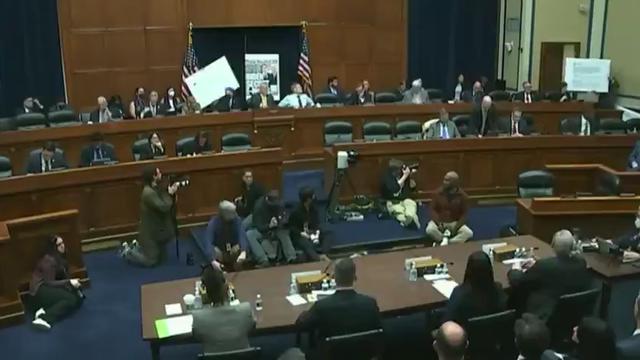Feb. 9, 2023
A recent study found that
heart attacks in people ages 25 to 44 increased by 30% compared to the expected number over the first two years of the COVID-19 pandemic.
[...]
COVID-19, heart attacks and young people
Since the COVID-19 pandemic began, heart attack deaths across all age groups have become more common in the U.S., according to a
September 2022 study by Cedars Sinai hospital in Los Angeles.
The age group hit the hardest? People between 25 and 44, who saw a 29.9% relative increase in heart attack deaths over the first two years of the pandemic (which means the actual number of heart attack deaths were almost 30% higher than the predicted number).
“Young people are obviously not really supposed to die of heart attack. They’re not really supposed to have heart attacks at all,” Dr. Susan Cheng, a cardiologist at Cedars Sinai and co-author of the study, told TODAY in a segment aired Feb. 9.
Adults between 45 and 64 saw a 19.6% relative increase in heart attack deaths, and those 65 and older saw a 13.7% relative increase, according to
a press release from Cedars Sinai. The increase in U.S. heart attack deaths continued through the omicron surge, even though the variant is thought to cause milder illness, and spikes of heart attack deaths have aligned with the timing of COVID-19 surges in the U.S.
Los Angeles County paramedic Romeo Robles told TODAY in the Feb. 9 segment that upticks in COVID-19 would often lead to more 911 calls related to heart issues in his community.
"Surprisingly, people my age ... we would find them in cardiac arrest, and it was all predicted by these waves," he said.
Cheng called the connection "more than coincidental, that is for sure." Explaining why, she pointed out that COVID-19 can greatly impact the cardiovascular system.
"It appears to be able to increase the stickiness of the blood and increase ... the likelihood of blood clot formation," Cheng said. "It seems to stir up inflammation in the blood vessels. It seems to also cause in some people an overwhelming stress — whether it’s related directly to the infection or situations around the infection — that can also cause a spike in blood pressure."
The reason for the relative rise in young people in particular is unclear, but one theory, Cheng said, is that the virus's impact on the cardiovascular system in some people may be due to an excessive immune system response and that young people are more likely to have stronger immune systems.




